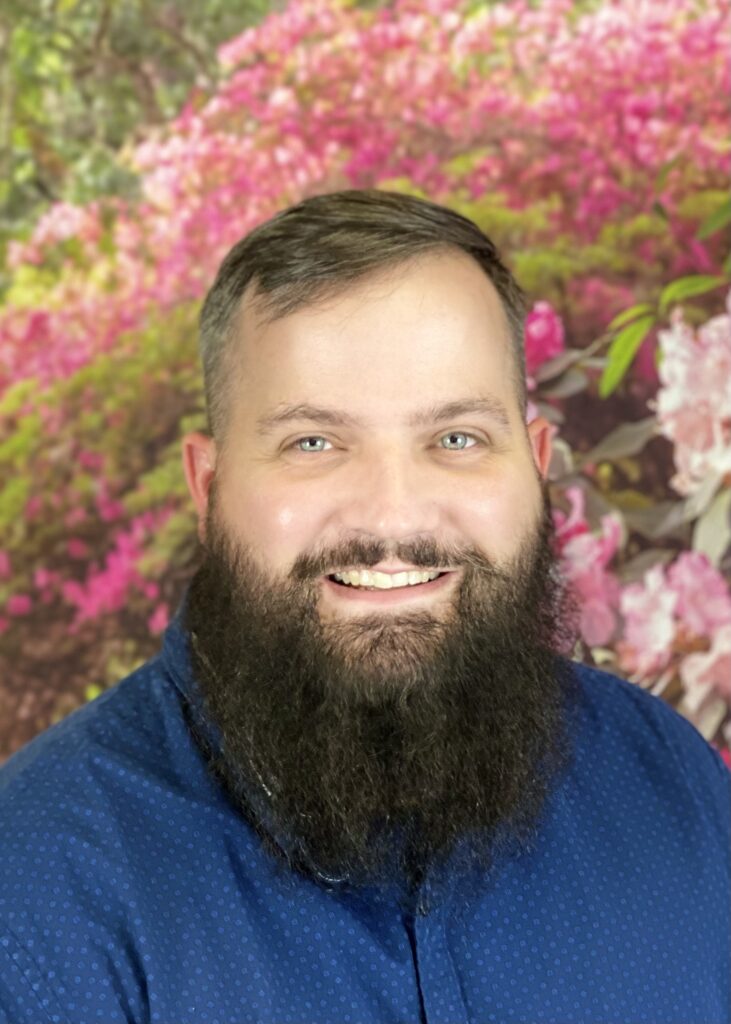When life feels overwhelming, finding small ways to escape can provide much-needed relief. Whether you’re navigating anxiety, depression, or trauma, creativity and personal interests are powerful tools for self-care and healing. Creativity doesn’t have to mean traditional hobbies like painting or playing music. It can include simple pleasures—watching a favorite TV show, experimenting in the kitchen, or journaling thoughts you’ve been carrying for too long.
Creative Healing
Engaging in activities you enjoy isn’t just a distraction—it’s a way to reset your mind and body. Creative and leisure activities activate the brain’s reward system, releasing dopamine and promoting feelings of accomplishment and satisfaction. They also provide an opportunity to explore emotions in a low-stress, non-judgmental space.
For many, creative expression offers a sense of control when life feels unpredictable. For others, it’s an outlet to process experiences in ways words cannot.
Everyday Outlets for Creativity
Not sure where to start? Consider these options:
- Artistic Exploration: Drawing, painting, crafting, or digital art—expressing yourself visually can be cathartic.
- Storytelling: Journaling, poetry, writing short stories, or even starting a blog.
- Mindful Escapes: Activities like coloring books, puzzles, or creating playlists of songs that lift your mood.
- Movement and Connection: Yoga, dancing, gardening, or taking scenic walks allow you to connect with your body and environment.
- Entertainment as Comfort: Watching a nostalgic TV series, diving into a good book, or replaying a favorite video game can provide comfort and joy.
- Community Connections: Joining online groups, attending workshops, or participating in book or gaming clubs can foster meaningful social bonds.
A Great Time to Start
The holidays are a perfect opportunity to try something new. Gifts can spark hobbies—think art supplies, a great book, or a journal—and New Year’s resolutions often motivate us to prioritize self-care and joy.
Start with something that excites you, even if it’s small. Creativity doesn’t require perfection—it’s about enjoying the process.
How to Make Time for Joy
Incorporating creativity into your life doesn’t have to feel like another obligation. Start small, choosing activities that fit naturally into your routine. Set aside 10-15 minutes a day to do something just for yourself. Focus on the process, not the outcome—there’s no need to be “good” at something for it to be beneficial.
Creativity as a Coping Skill
When anxiety, depression, or stress feels unmanageable, creative outlets can serve as grounding tools. Imagine turning to your sketchbook during an anxious moment or journaling through overwhelming emotions. These small, intentional actions can help you regain focus and calm.
You Deserve This
Your hobbies and interests aren’t “just hobbies”—they are lifelines to help you reconnect with yourself. Explore new ideas, rediscover forgotten joys, and celebrate the activities that bring you peace. You might even discover new passions, talents, and interests, gaining confidence in your creativity. Plus, you may find others who share your interests, building connections and friendships along the way.
Whether it’s a quiet moment with a book, experimenting with a new recipe, or an hour spent gardening, these small acts of creativity can make a big difference in your overall well-being.
What will you explore today?

Jonathan Conover is a Licensed Clinical Social Worker-Associate(LCSW). Jonathan is also a certified trauma professional providing person-centered, trauma informed, queer and gender affirming psychotherapy.





